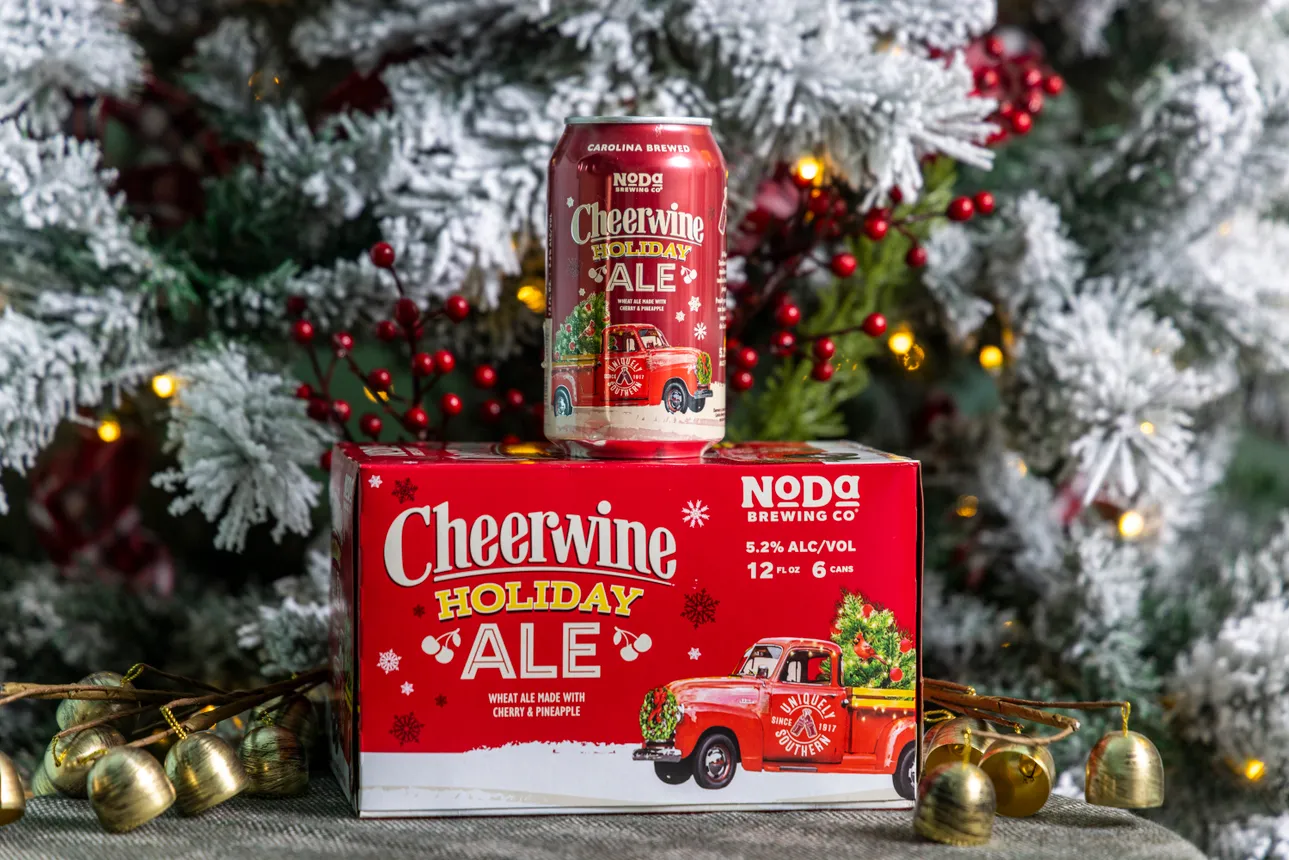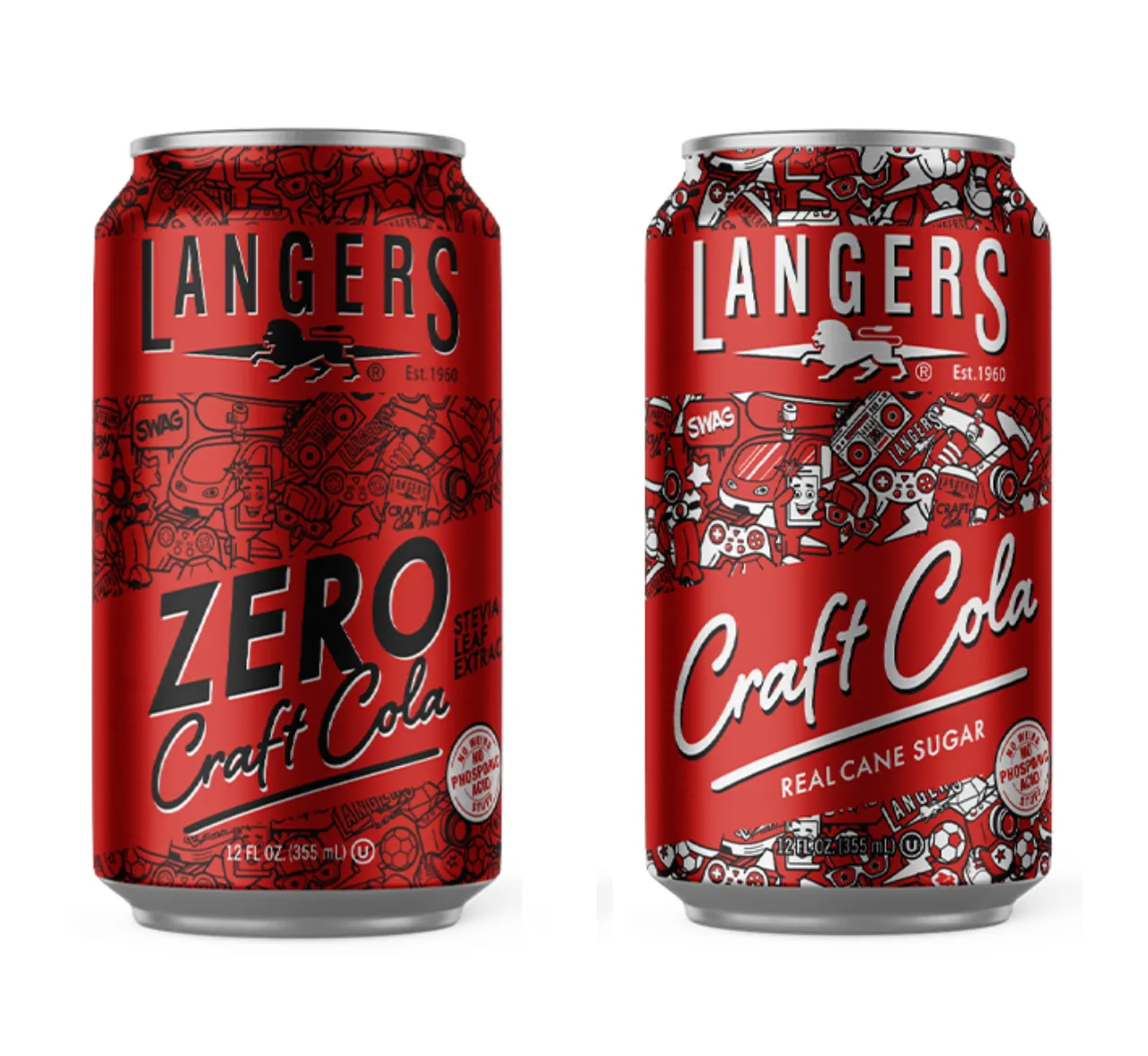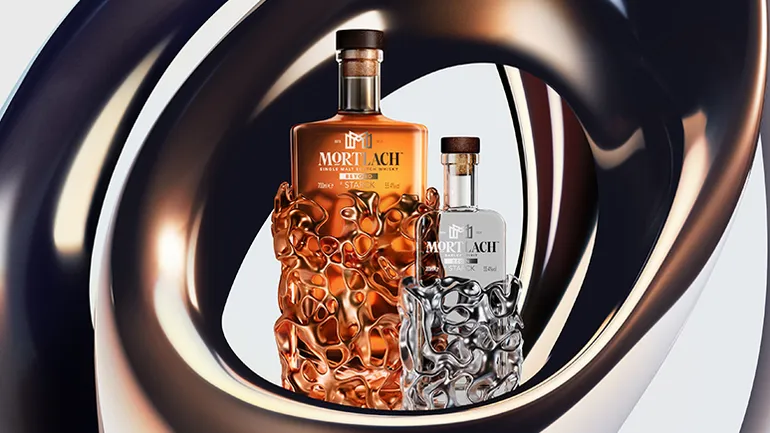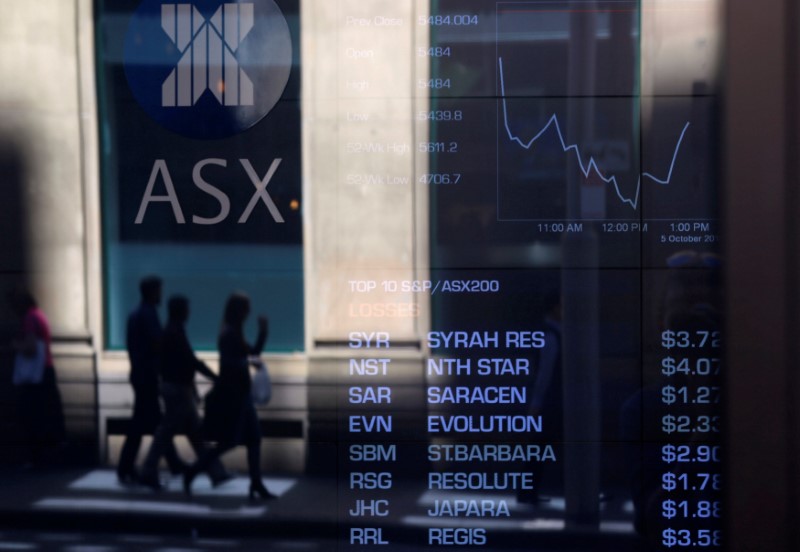The Weekly Sip is Food Dive’s column focused on the latest news in the rapidly changing and growing beverage sector. From inaugural product lines to big investments and controversial topics, this column aims to quench the thirst for developments in the category.
Diageo leans into luxury portfolio
While many consumers are cutting back from their alcohol spending amid high inflation, Diageo is focusing some effort on growing some of its highest-priced products.
The company announced Diageo Luxury Group, a new division focused on brands that sell for $100 and above at retail. It will include scotch whiskys Johnnie Walker, Brora, Port Ellen and high-end wine Justerini & Brooks.
Diageo pointed to IWSR data which indicated this price tier has become the fastest-growing in the spirits market since 2020 amid growing desire for luxury items among “young, diverse” consumers. The Guinness maker’s luxury strategy will focus on boosting collaborations and innovation pipelines among its brands, the company said. It will also help manage global distillery visitor experiences, like Johnnie Walker Princes Street in Edinburgh, Scotland.
The division will be led by Julie Bramham, who previously served as the global brand director for Johnnie Walker.
“We are privileged to hold Diageo’s finest assets in our possession – a collection of exceptional brands and talented individuals that allow us to combine heritage with a forward-thinking drive,” Bramham said in a statement. “Bringing the breadth of our luxury offering together, alongside a focus on expansion of our luxury-based experiences, has Diageo incredibly well-placed to deliver for our clients and customers.”
While best known for its iconic beer products, Diageo recognizes how lucrative luxury wine and spirits have become as high-earning consumers crave premium experiences. The category was valued at $867 billion this year by Market Research Future, and is projected to increase at a compound annual growth rate of 5.2% through 2030.
The alcohol industry is adapting to shifting trends as consumers of different walks of life demand disparate things from their beverage purchases. Earlier this year, an executive at rum maker Bacardi told Food Dive in an interview consumers want cocktails that provide variety and a small amount of luxury. Coors Light maker Molson Coors has also prioritized premium spirits like whiskey in recent years to offset losses in beer.
— Chris Casey

Optional Caption
Courtesy of Cheerwine
Cheerwine toasts to alcohol
Family-owned soda brand Cheerwine is partnering with NoDa Brewing to introduce Cheerwine Holiday Ale. The launch builds on their prior collaboration of Cheerwine Ale, which quickly became one of the top brands in NoDa’s portfolio after being introduced in 2023.
“Partnering with Cheerwine to create Holiday Ale is a great chance for two iconic North Carolina companies to come together again,” says Jacob Virgil, director of strategic development for NoDa Brewing Company. “We’re excited to introduce Cheerwine Holiday Ale to our fans and continue our commitment to crafting exceptional, locally inspired beverages.”
The beverage, with a 5.2% alcohol by volume, reportedly has Cheerwine’s classic cherry flavor combined with a hint of pineapple on an American Wheat Ale base.
Cheerwine, which was founded in 1917, has collaborated with mixologists and chefs on recipes and cocktails to highlight the versatility of its beverage. The exposure helps elevate the brand’s profile in the culinary space.
Alcohol has been a popular way for beverage companies to attract new consumers and drinking occasions to their brands.
Coca-Cola, for example, has brought Topo Chico and Fresca into alcohol through partnerships with Molson Coors and Constellation Brands, respectively. SunnyD has launched SunnyD Vodka Seltzer, and PepsiCo and Boston Beer joined to debut a Hard Mtn Dew alcoholic offering.
— Christopher Doering

Optional Caption
Courtesy of Langers
Langers cracks open better-for-you craft cola
A juice brand is stepping into soda with an eye toward the consumers’ desire for a healthier cola alternative.
Langers announced Craft Cola and Craft Cola Zero. The standard soda contains cane sugar, while the zero sugar variety features stevia leaf extract as its sweetener. The products source their caffeine from tea.
Los Angeles-based Langers believes its product stands out from leading cola brands as it does not contain high fructose corn syrup, sodium or aspartame — which it deems “weird stuff.”
“Our dad started Langers Juice after running a small, healthy juice shop in San Diego with our mom in the 1960s. Our family wants to bring back the nostalgic, real cane sugar experience of cola without the harmful, unhealthy ingredients that have infiltrated many soda brands over time,” said Bruce Langer, the company’s president, in a press release. “We’d like people to enjoy an ice cold, fizzy can of cola with friends and know they’re drinking something clean and natural.”
The Langers colas are available on their website and Amazon. The move into soda provides an additional revenue stream for the juice maker, as the fruit-based beverages market has faced waning sales in recent years amid concerns about its sugar content.
Aspartame, used in Coke Zero and Pepsi Zero Sugar, has proven controversial in recent years amid health concerns. In July 2023, a cancer research arm at the World Health Organization shocked many consumers and industry figures by declaring the sweetener is “potentially carcinogenic” following a review of “limited evidence.” The intergovernmental organization said the ingredient is safe to consume within a certain limit.
A 12-ounce can of Coke Zero also contains 40 milligrams of sodium, 2% of the recommended daily intake.
As more consumers search for healthier alternatives to soda, a variety of brands promoting their drinks as healthier for the gut have risen to prominence, including Poppi, Olipop and Health-Ade’s SunSip. But the nutritional claims of these products have drawn ire as well, with a lawsuit earlier this year accusing Poppi of misleading consumers with its “prebiotic” claims.
— Chris Casey


![NZ v AUS [W] 2024/25, New Zealand Women vs Australia Women 3rd ODI, Wellington Match Report, December 23, 2024](https://img1.hscicdn.com/image/upload/f_auto/lsci/db/PICTURES/CMS/393500/393523.6.jpg)




